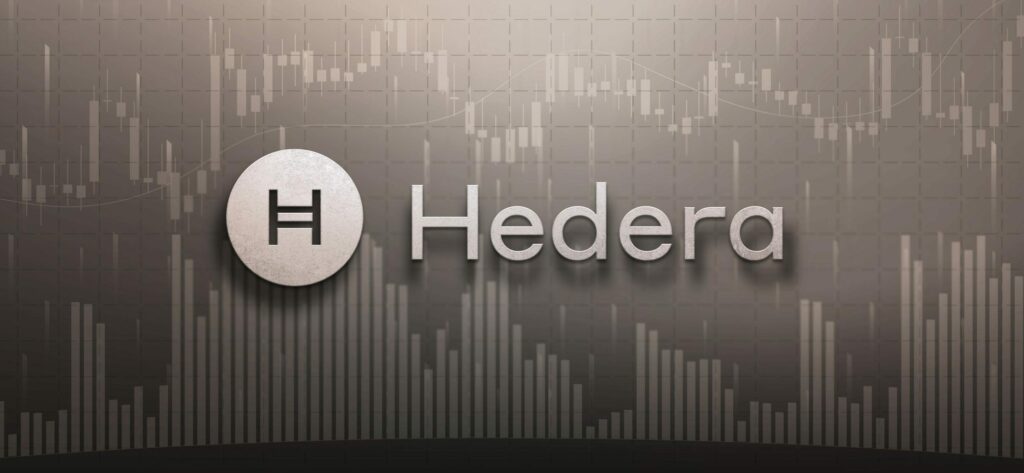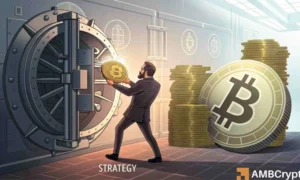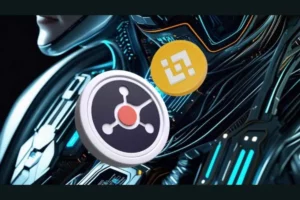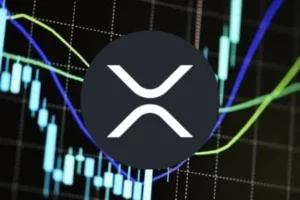
Is HBAR the Key to the Tokenization of Real-World Assets on Hedera?
The increasing popularity of tokenization has led many investors and enthusiasts to ponder if HBAR is a key factor in this process. The answer lies in understanding the technology and its relevance.
Tokenization, essentially, is a process where real-world assets are converted into digital tokens that can be easily traded or used as a store of value. The concept has gained significant traction over the years due to its potential for transparency, security, and scalability.
Hedera’s HBAR token plays a crucial role in this process by providing a fast, secure, and decentralized environment for transactions. The platform leverages its unique Consensus Algorithm, which ensures the integrity of the blockchain while reducing energy consumption by up to 90%. This not only enhances user experience but also aligns with environmental concerns.
To better comprehend the importance of HBAR in tokenization, let’s break down the process step by step:
1. **Token Creation**: Real-world assets such as stocks, bonds, commodities, or even art are converted into digital tokens.
2. **Smart Contracts**: The creation of smart contracts is necessary to define the rules and regulations for these new digital assets. HBAR’s Consensus Algorithm ensures that all transactions follow predetermined protocols, guaranteeing transparency and trustworthiness.
In this context, it becomes evident why HBAR is vital for the tokenization process. Its decentralized nature and high-performance capabilities make it an ideal choice for real-world asset conversions.
Recent developments further solidify Hedera’s position in the market. Nairobi Securities Exchange has partnered with the Hedera Council to accelerate tokenization in Kenya’s capital markets by October 2024, indicating a promising future for HBAR.
Source: www.crypto-news-flash.com


